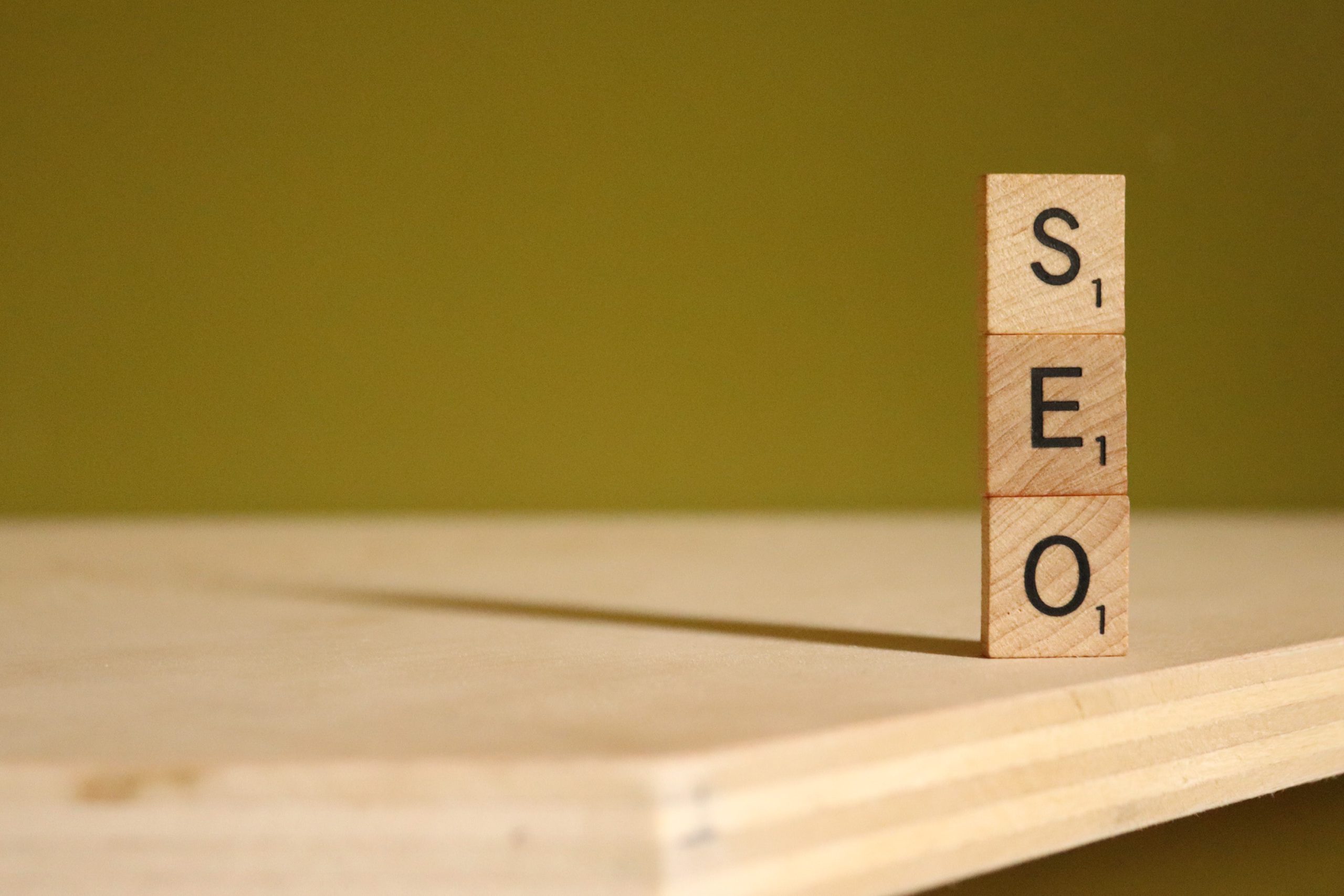Most people (75%) don’t look beyond the first page of their google search result. So you have to make sure your website appears on that first page to receive any sort of traffic. Once there, users spend as little as 10 seconds on a home page if they can’t immediately see the value it offers. So, to improve your SEO, you need to appear on the first page of search results and grab the user’s attention with engaging web copy. If you’re struggling to achieve these two goals, there could be a number of problems at play. Your old content might be impacting your ranking, or you may not be using enough keywords. Whatever the problem is, we’ve compiled 5 SEO tips that could help you improve your search ranking.
SEO, or Search Engine Optimisation, is the process of directing more traffic to your website by improving the quantity and quality of your content. Seems simple, right? Improve the quality of your content and see higher rankings and more traffic to your site. But sometimes it’s not always that straightforward. Algorithms and trends move quickly, so if you don’t keep up with these changes you may find your ranking starts to drop.
 Align your content with search intent
Align your content with search intent
To understand and get the most out of SEO, you first need to understand search intent (also known as user intent). This is the purpose behind every search query; what the user hopes to find out from making a google search. Understanding what your audience is looking for will help boost your SEO ranking.
You’ll need to create content around this search intent. To do this, you need to complete keyword research that incorporates the four common types of search intent: informational, navigational, commercial and transactional. For example, if you want to rank for “best laptops for gaming”, then the search intent here is commercial rather than transactional. The user isn’t looking to buy just yet, they’re looking for content that shows them the best laptops for their needs.
 Photo by Melanie Deziel on Unsplash
Photo by Melanie Deziel on Unsplash
Produce high quality content
This might seem an obvious one, but high quality content is so important in developing a reputation as a reliable source. The more high quality content you create, the more a search engine will notice it. It also gives visitors not only a reason to come back, but to spend more time looking at your content (this is called dwell time). High quality content always focuses on search intent, and often includes trusted backlinks to other sources.
Optimise your page speed
You’ll likely encounter two problems when your website loading speed is too slow. The first is that search engines will recognise this slow speed and won’t show your site in search results. The second is that visitors engaging with your site will have a high bounce rate: they’ll leave your site quickly if it doesn’t load and you’ll lose out on potential customers.
Use a free online tool, such as Pingdom, to test the speed of your website. You can then remove anything that is impacting its speed and boost your search ranking with Google. The quicker your site loads, the more visitors you’ll get. Search engines will recognise this popularity and adjust your site’s position in the search results accordingly.
Write compelling title tags and meta data
These are the most important meta tags on your site. Title tags are the clickable headlines that users see first in their search results. It’s what users use to decide whether your content is relevant to their search query. When creating optimised title tags you should: include your target keywords, match it to search intent but avoid keyword stuffing. A strong title tag is descriptive, concise and under 60 characters.
A meta description tag is a brief summary of your page. Meta descriptions don’t directly impact search rankings but they can influence click-through rates. Google will show a meta description tag up to 160 characters long, so keep your description concise and accurate with action-oriented copy to hook the user in.
Optimise old content
If your SEO ranking is low, you may have your old content to blame. If you don’t use links to direct back to your old content with your new content, this old content will go ignored by your audience. Search engines won’t ignore it though, it will notice it’s low search ranking and reduce your overall website traffic as a result by prioritising other sites with better SEO. So it’s important to optimise that old content. Everything on your website should have value to users – if it doesn’t it’s time to delete or change it.
You can refresh your old content by updating the copy with new keywords and up-to-date information. Adding new images with accurate tags can help too. Links to other pages on your site will also improve your overall website structure, making it more attractive to search engines. If your old content is really old and beyond repair, consider deleting it and replacing it with something entirely new. Make a space on your website for content about trending topics and popular keywords. Search engines will recognise the high-value and high-quality content you are creating and will give you a better ranking position.
 Photo by Stephen Phillips – Hostreviews.co.uk on Unsplash
Photo by Stephen Phillips – Hostreviews.co.uk on Unsplash
We hope these 5 SEO tips have helped you improve your search rankings. These are just a few ideas you can try to boost your SEO and optimise your website content. Search engine algorithms change regularly, so it’s important to have a grasp of how and when your website appears in searches.













